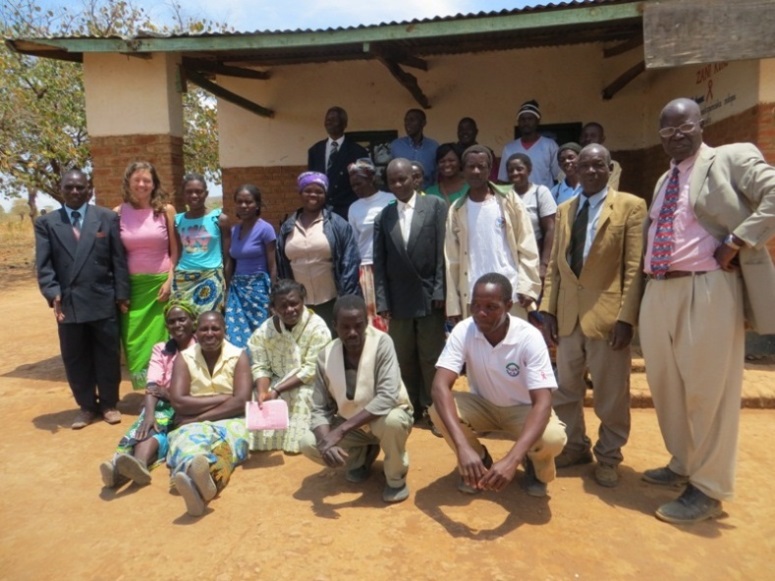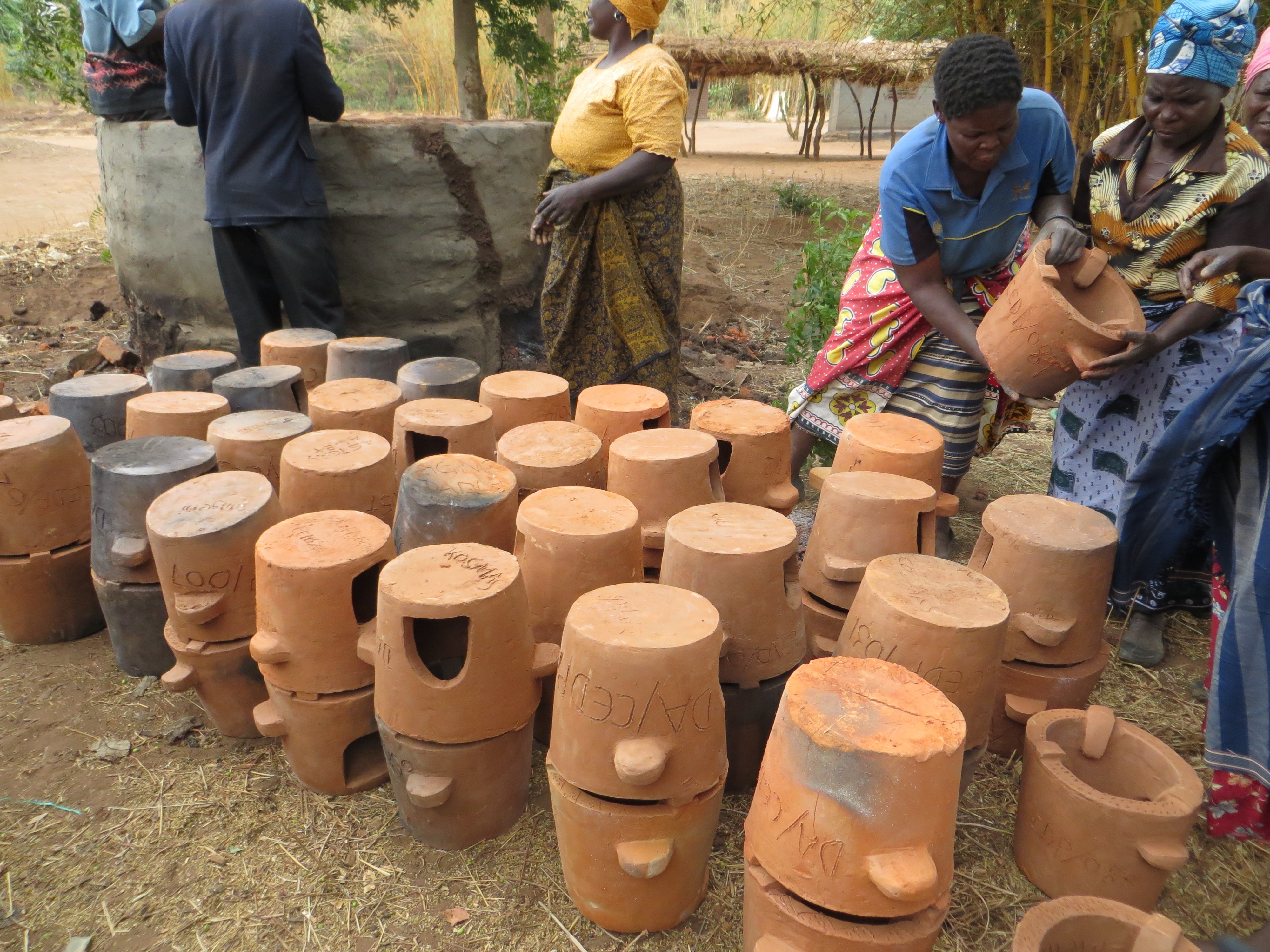DATABASE
Community Energy Development Programme Malawi
ongoing
Country
Malawi
Budget
500.000 - 3M $
Year
2015
Issue
Link
www.communityenergymalawi.org
Abstract
The Community Energy Development Programme has empowered 12 off-grid community based organisations in Malawi to install 43 needs based financially and socially sustainable renewable energy systems including stand alone solar PV systems for lighting and power in schools, homes, a health centre, water pumping and fuel efficient cook stoves.
Project Description
Access to energy is a key issue in Malawi as only 9% of Malawians are connected to the grid with less than 1% having access to electricity in rural areas. As energy is a prerequisite for development this has significant negative impacts on development in Malawi. Decentralised energy systems based on solar and improved cook-stove technologies can provide a sustainable alternative energy solution to grid electricity. In 2011 Community Energy Scotland (CES) inputted to a Scoping Study on community energy in Malawi for the Scottish Government which identified demand for the Malawi Renewable Energy Acceleration Programme (MREAP). The objective of the Scottish Government funded MREAP is to ‘Support Government of Malawi energy strategy by accelerating the growth of community and renewable energy development in Malawi through multiple, targeted and coordinated activities with good potential to provide a platform for that growth’. The Community Energy Development Programme (CEDP) is 1 of 4 strands of MREAP which has the following 4 outcomes and associated activities: 1. Establish support mechanisms for community renewable energy in Malawi through the creation of a community energy support toolkit, support network and coordination organisation 2. Delivery of strategic community energy projects in different renewable energy technologies 3. Establish an administered funding facility for further community energy project development4. Implement M&E systems and processes.
BENEFICIARIES
The CEDP has benefitted 19848 rural Malawians. Beneficiaries by technology include: solar powered water pumping (720); PV installations in CBO offices (32),in schools, teacher development centres, staff houses (14767) and a health centre (210); fuel efficient stoves (2277) and solar lanterns (1842).
Results
Student studying times have increased by up to 2 hours per night where solar PV systems with lighting have been installed. In Chitipa District this has resulted 20 pupils being selected for secondary schools (up from 5 in 2013). To date 292 stoves have been sold resulting in CO2 savings of 876 tonnes/yr and a 40% reduction in biomass use in homes where the stoves have been adopted significantly improving air quality and reducing pollution with particular benefits for women and girls who are most affected. Further direct project beneficiaries include community members who are employed to support the systems sustainability including security guards, basic maintenance staff and social enterprise staff to carry out income generating activities to build up system maintenance funds such as barber shop and phone charging. The CEDPs M&E framework can be provided on request.
Business Model
Social sustainability has been achieved by installing a strong sense of community ownership from the outset. Initial community needs assessments were carried out to identify local priorities from which each project was designed. From there an intensive 18 month capacity building programme was undertaken within the community according to their individual needs. Economic sustainability has come from developing social enterprises to generate an income set against lifetime system costs.
Lessons Learnt
The CEDP has been based on learning that has come from the Programmes 4 Strategic Energy Partners and during the course of the programme many additional lessons have been learned, a few of these have been outlined below: 1.Community ownership of projects in remote areas is key for long term sustainability 2.No project should provide 100% grant funding for system costs as it will not be valued by community 3.Peer to peer learning has had great value in relation to capacity building 4.Training in village saving and loan schemes is essential if systems are to be sold within the community. 5.The roles and responsibility of project partners needs to be clearly defined from the project outset.
Key Feature
PARTNERSHIP working between Community Energy Scotland and Malawian partners drawing on rich and varied knowledge and experience. All projects are WHOLLY OWNED and operated by the communities in which they operate. This ensures community buy in and empowerment as well as long term sustainability of the systems. BESPOKE capacity building and training programmes to meet community knowledge gaps were developed. Income generating activities have been developed alongside each installation to ensure sufficient funds are available for ongoing repairs. The CEDP has demonstrated an effective delivery model for community energy projects in Malawi the only requirement for SCALING UP is finances to employ further staff. The CEDP was successfully operational over a range of cultural contexts in Malawi indicating that it is an approach that is REPLICABLE. Establishment of a new organisation ‘Community Energy Malawi’ to take the agenda and learning further following programme completion.
Other significant information
Whilst in this application we have focused on the implementation of local community projects there are other elements of the CEDP which we have not had the opportunity to detail given word limits. Other programme activities including the creation of a ‘Community Energy Energy Toolkit for Malawi’ (avaliable in different forms depending on the laguague spoken and literacy levels of users). Several programme newletters that have been circulated to over 100 programme stakeholders within Malawi. The creation of a new organisation ‘Community Energy Malawi’ and their website. 12 learning journeys where CEDP communities visited existing community RE projects prior to installation to enable peer to peer learning. Malawis first Community Energy Conference in June 2014 which gave community members the unique opportunity to meet with Government Department Officials, Funders and other communities.
Main Donor
Scottish Government
(Government)
Implementing Actor
Community Energy Scotland in conjunction with 4 Malawian Partners (NGOs)



